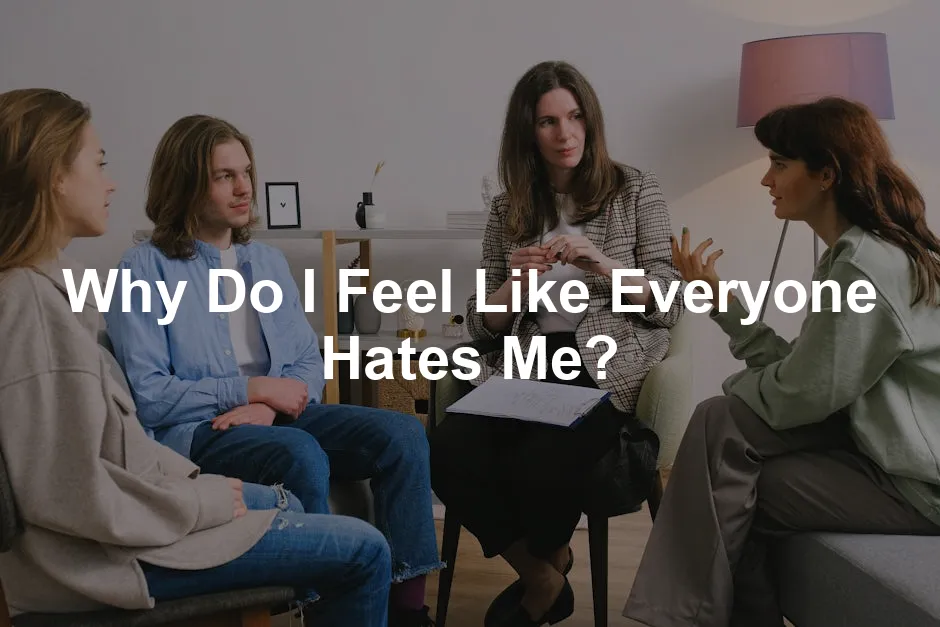
Why Do I Feel Like Everyone Hates Me?
Introduction
Feeling like everyone dislikes you can be overwhelming. Many people experience this sensation at some point in their lives. It’s essential to recognize that these feelings are common and often arise from various psychological factors. Understanding why you feel this way can help you manage and overcome these emotions effectively.
If you’re looking for some insightful reading to help you navigate your feelings, consider diving into The Gifts of Imperfection by Brené Brown. This book encourages embracing our imperfections and understanding that vulnerability is a strength. Perfect for anyone struggling with feelings of inadequacy!

Summary and Overview
Several factors can lead to the belief that everyone hates you. Cognitive distortions, such as personalization and mind-reading, often play a significant role. These thought patterns can lead to feelings of isolation and insecurity. Additionally, mental health conditions like anxiety and depression can amplify these emotions. Social media interactions may also worsen perceptions of being disliked. Coping strategies, like reframing negative thoughts and seeking support, are crucial in navigating these feelings. It’s important to seek help if these thoughts become overwhelming or persistent. Understanding why coping strategies are essential for handling anxiety in daily life can provide valuable insights.
To further explore these themes, you might find Mindset: The New Psychology of Success by Carol S. Dweck to be enlightening. This book highlights how having a growth mindset can transform your approach to challenges and setbacks, leading to a more fulfilling life.

It’s crucial to understand how coping strategies can help manage feelings of anxiety. Learn more here.
Understanding the Feeling of Being Hated
What Does It Mean to Feel Hated?
Feeling universally disliked can be distressing. This sensation often stems from personal insecurities and negative self-perceptions. Many individuals experience this feeling, especially during challenging times or transitions in their lives. Emotionally, it can lead to anxiety, loneliness, and a sense of isolation. Research shows that anxiety disorders frequently correlate with feelings of being disliked, highlighting the emotional impact of these thoughts. You’re not alone in this; many face similar struggles in navigating relationships and self-esteem.
To help navigate these feelings, consider picking up The Anxiety and Phobia Workbook by Edmund J. Bourne. This resource provides practical exercises and strategies to manage anxiety, helping you regain control over your thoughts and feelings.
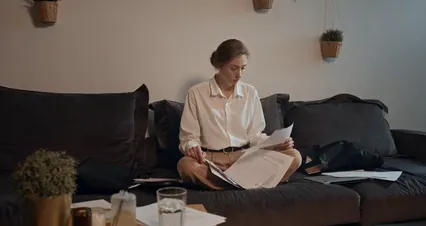
Psychological Explanations for Feeling Hated
Feeling like everyone hates you often stems from cognitive distortions. These are inaccurate thought patterns that can warp your perception of reality. One common distortion is personalization. You might assume that a friend’s bad mood is because of you, even when it has nothing to do with you.
Another distortion is catastrophizing. This occurs when you exaggerate a minor issue into a major problem. For example, if someone doesn’t respond to your text, you may think it means they are upset with you. Mind-reading is also prevalent. This happens when you assume you know what others are thinking, often leading to incorrect conclusions.
Low self-esteem plays a significant role in these feelings. When you don’t feel good about yourself, it’s easy to project those feelings onto others. Loneliness can amplify this, making you more likely to think others dislike you. Statistics show that anxiety and depression rates are rising, further contributing to these negative beliefs. Social connections are vital for mental health, and lacking them can create a sense of isolation.

Recognizing these cognitive distortions is the first step toward overcoming them. With practice, you can learn to challenge and reframe these negative thoughts into more balanced perspectives. Remember, you’re not alone in feeling this way; many face similar struggles.
The Role of Social Media
Social media can significantly impact how we see ourselves. With constant scrolling, it’s easy to fall into the trap of comparison culture. You might find yourself comparing your life to the highlight reels of others. This can lead to feelings of inadequacy. Why do they seem happier or more successful?
This comparison can create a cycle of negative thinking. You might start to believe that you don’t measure up. This is where confirmation bias comes into play. You focus on posts that reinforce your feelings of being disliked. You might overlook the supportive interactions and positive responses you receive.

Social media can also contribute to social isolation. It might seem like everyone is connected, but scrolling can leave you feeling alone. This isolation deepens the belief that no one cares. Research shows that excessive social media usage can lead to increased feelings of loneliness and anxiety. If you feel like everyone hates you, it might be time to take a break from those platforms. Remember, the online world is often not a true reflection of reality.
Reframing Negative Thoughts
Reframing negative thoughts is a powerful tool for overcoming feelings of being disliked. Start by identifying cognitive distortions in your thought patterns. Are you personalizing others’ actions? For instance, if a friend doesn’t respond to your message, do you jump to the conclusion that they don’t like you? This is a common trap.
Next, challenge those thoughts. Ask yourself: What evidence do I have that supports this belief? What evidence contradicts it? Writing these down can provide clarity. Another technique is to consider alternative explanations for someone’s behavior. Maybe they’re busy or dealing with their own issues.
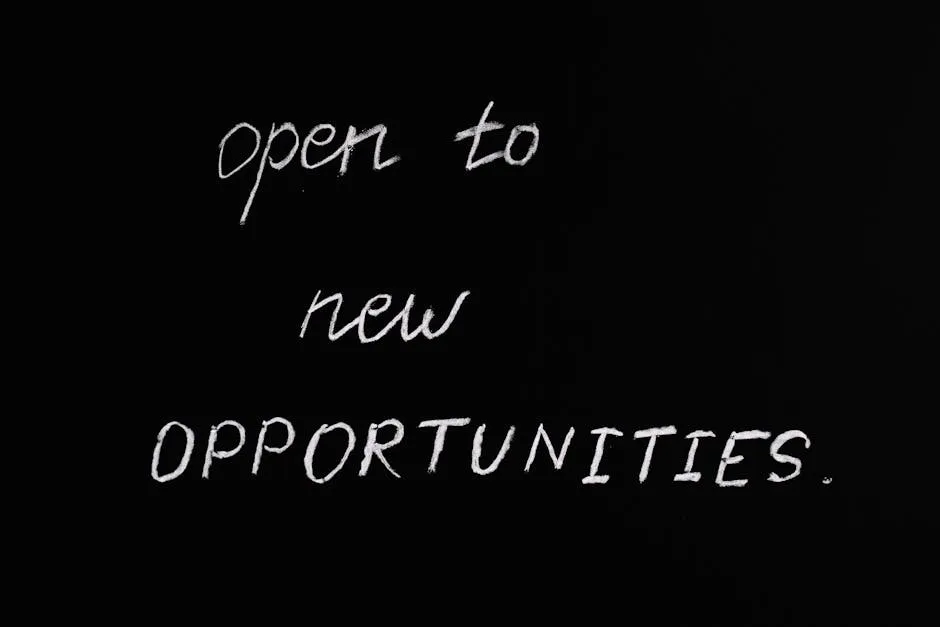
Practice replacing negative thoughts with more balanced perspectives. Instead of thinking, “Everyone hates me,” try, “Some people care about me, and that’s what matters.” Tools like worksheets or self-assessment quizzes can help in this process. By consistently applying these techniques, you’ll strengthen your ability to reframe situations positively. The goal is to cultivate a kinder inner dialogue and reduce feelings of isolation.
Building Self-Esteem
Improving your self-worth can significantly impact how you perceive others’ feelings towards you. One effective method is using positive affirmations. Start each day by reminding yourself of your strengths. This small practice can shift your mindset over time.
Self-care is also crucial. Prioritize activities that make you feel good. Whether it’s exercising, reading, or spending time in nature, these practices can enhance your mood and confidence. Don’t underestimate the power of a good night’s sleep or a healthy meal.
Another key aspect is surrounding yourself with supportive relationships. Seek out friends and family who uplift you. Positive interactions can reinforce your self-esteem. Engage in open conversations with them about your feelings. This can provide clarity and understanding.
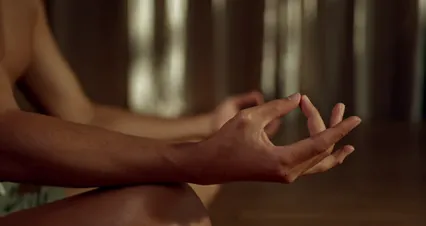
For further guidance, consider exploring recommended books like “The Happiness Project” by Gretchen Rubin or online courses focused on self-esteem improvement. These resources can offer deeper insights and practical strategies.
Seeking Professional Help
Sometimes, feelings of being disliked can become overwhelming. Knowing when to seek professional help is vital. If you notice persistent negative thoughts affecting your daily life, it might be time to talk to a therapist. Understanding the importance of seeking professional help can guide you in making this decision.
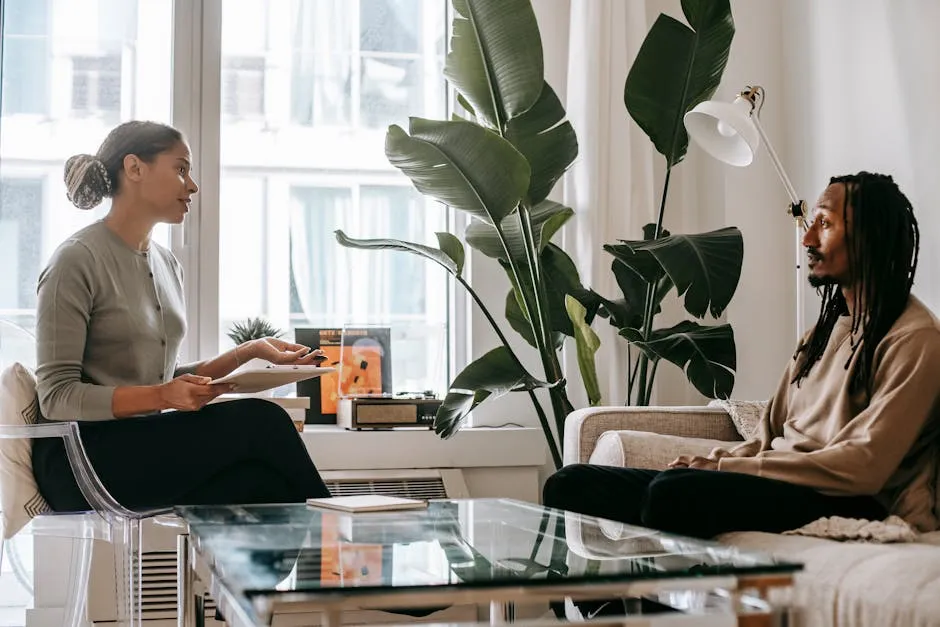
Recognizing when to seek professional help is crucial for managing overwhelming feelings. Learn more about this here.
Conclusion
Feeling like everyone hates you can be painful. It’s essential to realize that these feelings often stem from distorted perceptions rather than reality. Many people experience these thoughts, fueled by anxiety, low self-esteem, or loneliness. Remember, it’s crucial to challenge these negative beliefs.

Incorporating mindfulness practices can also be beneficial. A great way to start is with A Mindfulness Guide for the Frazzled by Ruby Wax. This book offers practical techniques to help you find calm and clarity amidst the chaos of daily life.
You can manage these emotions through self-reflection and supportive conversations. Don’t hesitate to reach out for help if these feelings persist. Talking to friends, family, or a mental health professional can provide clarity and support. You deserve understanding and compassion, so take that step toward healing.
FAQs
Why do I feel like everyone hates me?
Feeling like everyone hates you can stem from various psychological reasons. Common factors include cognitive distortions, such as personalization and mind-reading. These thought patterns may lead you to inaccurately interpret others’ actions as negative. Additionally, low self-esteem and anxiety can contribute to these feelings. It’s important to recognize that these perceptions often don’t reflect reality.
How can I cope with the feeling of being disliked?
Coping with the feeling of being disliked involves several strategies. First, challenge your negative thoughts by looking for evidence that contradicts them. Practice self-compassion and engage in activities that boost your self-esteem. Additionally, reach out to supportive friends or family members for reassurance. Limiting social media use can also help reduce feelings of inadequacy.
Is feeling like everyone hates me a sign of a mental health issue?
Persistent feelings of being disliked may indicate underlying mental health conditions, such as anxiety or depression. These emotions can be exacerbated by low self-esteem or social anxiety disorder. If these feelings are overwhelming or interfere with daily life, it’s essential to consult a mental health professional for support.
What should I do if I feel isolated and alone?
If you feel isolated, consider taking proactive steps to connect with others. Reach out to friends or family members for a chat or plan an outing. Joining clubs or community groups can help you meet new people. Additionally, consider volunteering, as helping others can foster a sense of connection and purpose.
When should I seek professional help for these feelings?
Seek professional help if feelings of being hated persist for an extended period or significantly impact your daily life. If your emotions lead to isolation, affect your relationships, or prevent you from enjoying activities, a mental health professional can provide valuable guidance. Early intervention can make a significant difference in your overall well-being.
Please let us know what you think about our content by leaving a comment down below!
Thank you for reading till here 🙂
All images from Pexels




